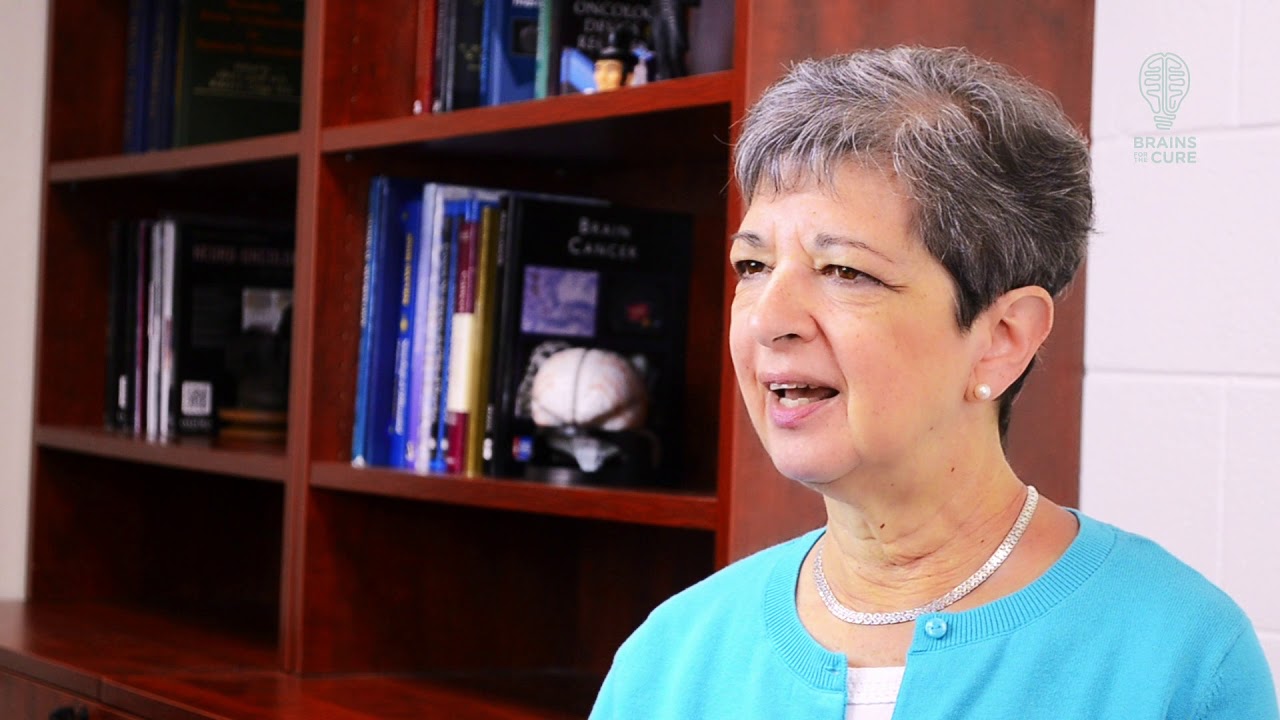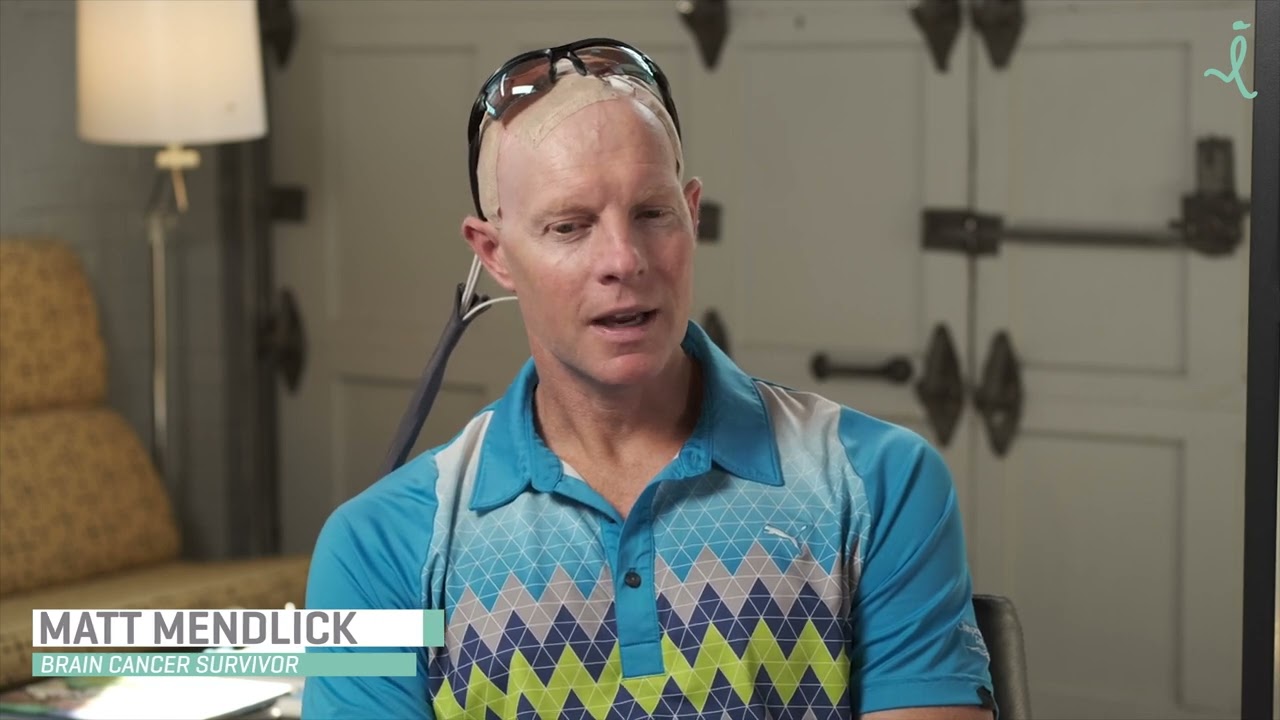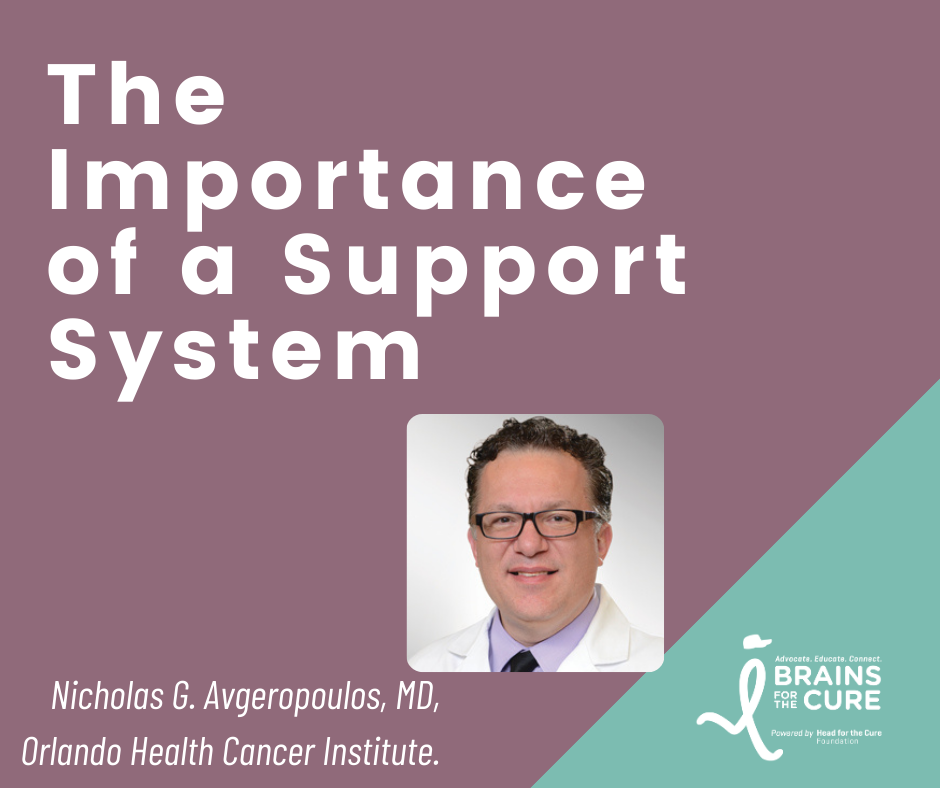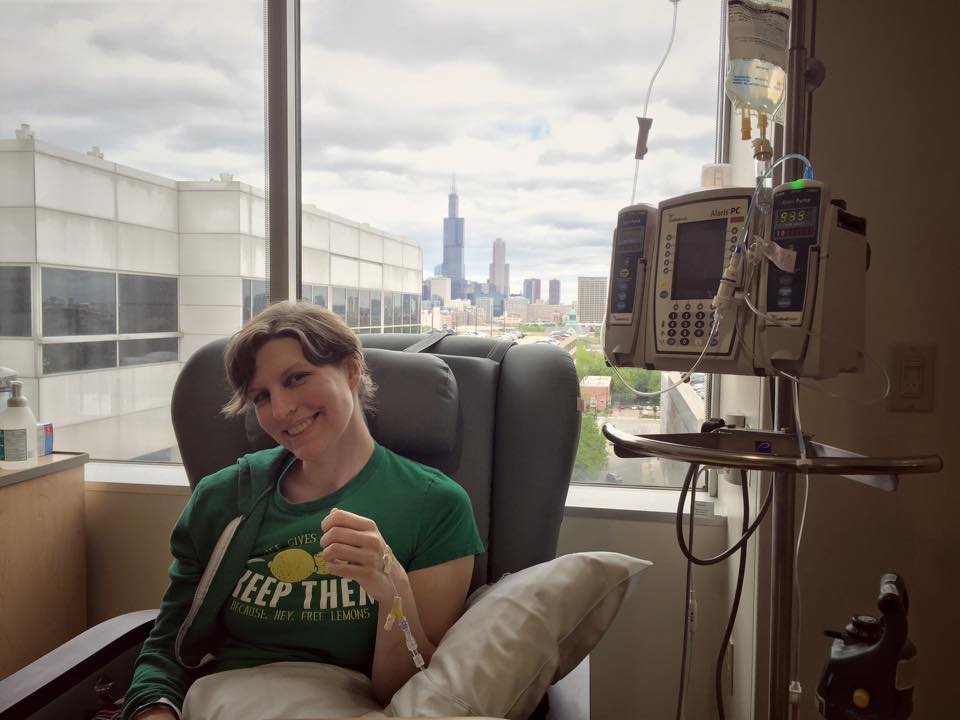
Caregiver Questionnaire
JPH Guide
R: Caregiver - Having outlets and asking for help
Relational
Relational - Finding Rhythm
Relational: Approach to sharing the journey
Telling Your Close Friends and Family
Receiving a brain tumor diagnosis is a difficult moment for you or your loved one.
Read More


